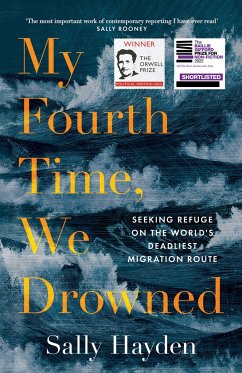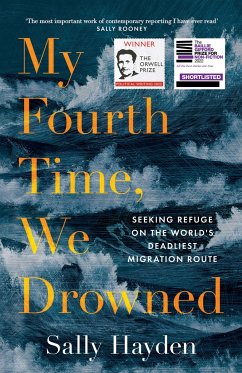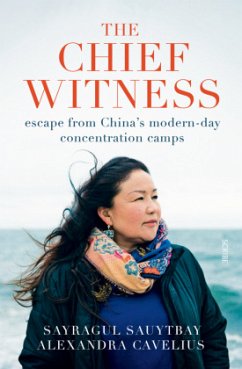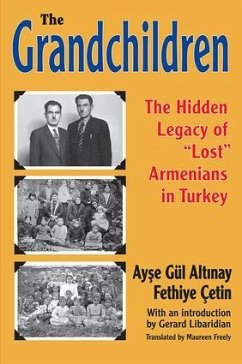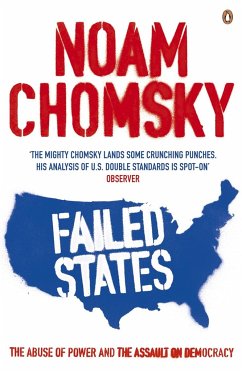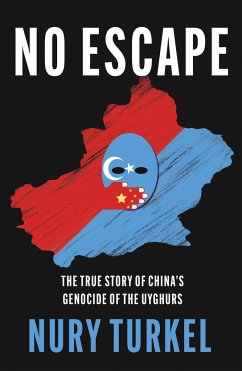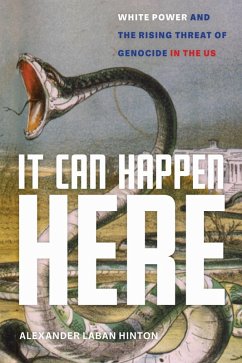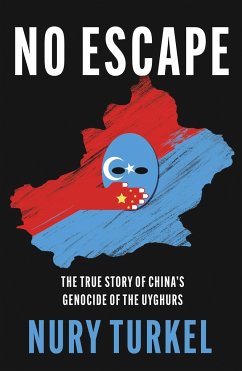Nicht lieferbar
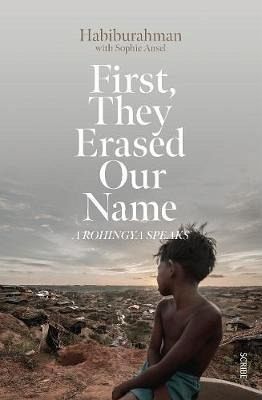
First, They Erased Our Name
a Rohingya speaks
Übersetzer: Reece, Andrea
Versandkostenfrei!
Nicht lieferbar
After the enforced removal of the Rohingya from Burmese life caused millions to flee their homes under prejudice and persecution, in 2016 the Burmese government set about ethnic cleansing forcing mass Rohingya movement to Bangladesh. Habiburahman's story presents the perspective of a Rohingya child over the course of these events. An emotional and authentic memoir comparable to "The Girl Who Escaped ISIS" and "I Am Malala".





